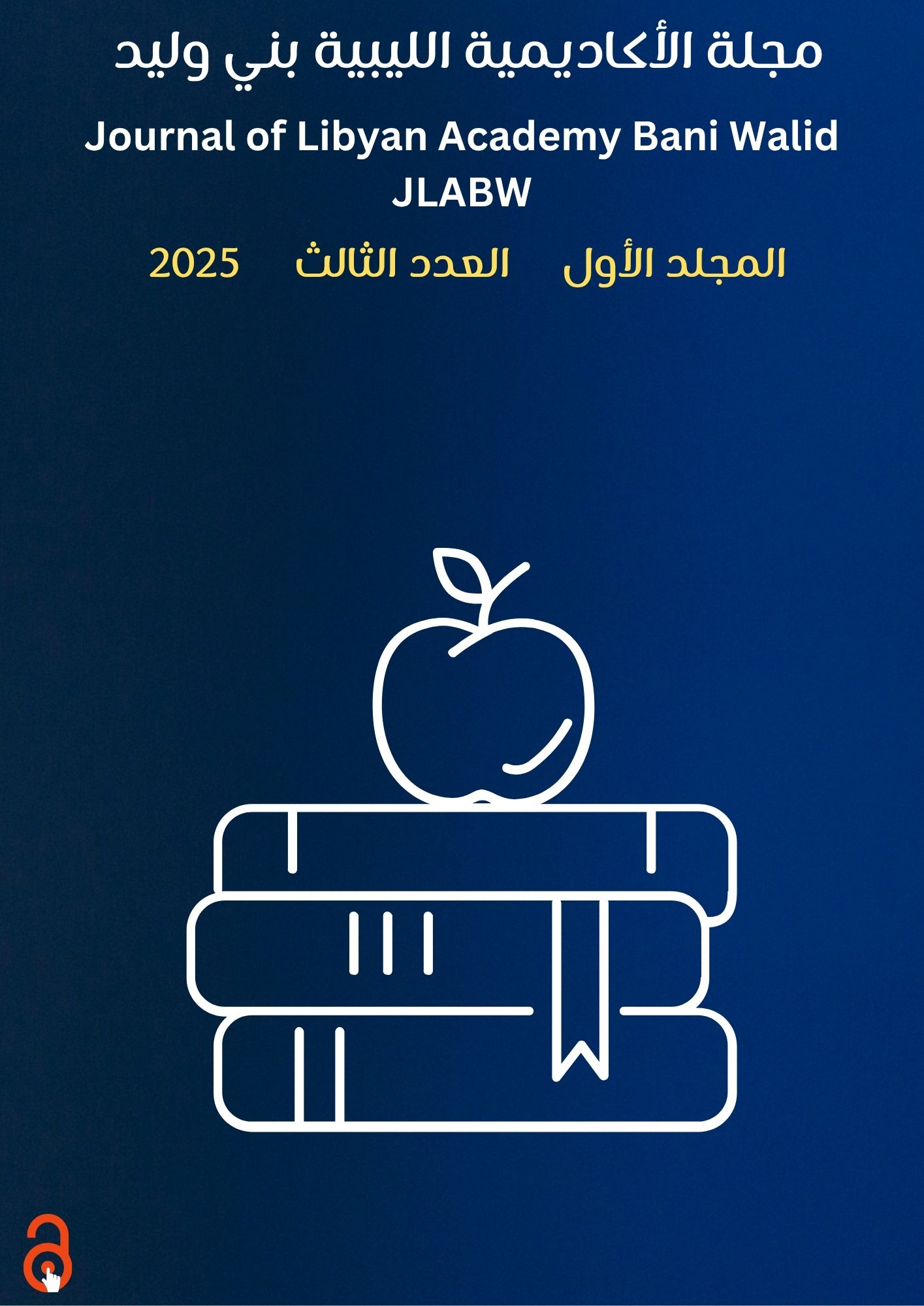Effect of Mould Preheating on the Quality of Re-melt Aluminum Alloy Cylinder Blocks: Experimental and Simulation Study
DOI:
https://doi.org/10.61952/jlabw.v1i3.78Keywords:
Aluminum alloys, Casting, Preheating, SimulationAbstract
This study investigates the effect of mold preheating on mold filling, cooling behavior, and defect formation during the casting process of recycled aluminum silicon alloy, and the experimental was combined with simulation using ProCAST software. The results showed that pouring molten metal into an unheated mold result in significant defects, such as misruns and incomplete sections. The primary cause is the rapid heat loss from the molten metal to the cold mold walls, leading to premature solidification and incomplete cavity filling, achieving only 52.8% fill in the unheated case. On the other hand, preheating the mold to 250 °C resulted in nearly complete filling (98%) due to reduced thermal gradients, slower cooling rates (starting from –714 K/s), and more uniform solidification. Simulation results confirmed the experimental findings, illustrating the detrimental effects of rapid solidification in cold molds, including high cooling rates (up to –2000 K/s) and extensive shrinkage porosity, especially in central and upper regions of the casting. Overall, the findings highlight that mold preheating is a vital parameter in casting aluminum alloys, improving surface finish, dimensional accuracy, and mechanical performance by ensuring complete mold filling and minimizing solidification-related defects such as misruns and porosity.







